|
Current events observation
Not long ago I engaged in an online conversation about the value of diversity in the workplace. Until then I thought that "everyone" believed that diversity was a good thing for businesses and organizations, even when it feels challenging, unsettling, and/or downright difficult. It turns out that I was wrong. The others involved in the conversation didn't see it that way, and they argued vehemently that all jobs should be filled by the "most qualified candidate" and that a desire to create a diverse team was misplaced. They didn't believe that diverse teams often produce stronger results than teams comprised of people with similar perspectives.
Diversity is a loaded term, and truly diverse teams are impossible to create, but there is a lot of research claiming that more diverse teams, when they can figure out how to overcome differences and work together, usually produce stronger results than less diverse teams. This is one of the reasons we strongly encourage working parents to make contributions via careers. We think parents offer unique perspectives that provide strong, and sometimes unique, perspectives. When thinking about the value of diversity, I can't help but examine the series of events that brought disgraced former sports doctor Larry Nassar to justice recently. Maybe you saw the powerful video featuring 141 of the 330+ young women who survived his abuse when they accepted the 2018 ESPYS Arthur Ashe Award for Courage recently. One is left wondering why it took so long to bring this man to justice; especially given that the first concern about him was raised way back in the 1990s. Those who've followed the story closely know that the many concerns raised over the course of nearly 20 years were dismissed for various (and very troubling) reasons. But finally, in 2016 and 2017 justice was served, and his abuse was stopped thanks to a number of people who believed the young women who shared their stories. A long list of survivors and professionals produced a chain of events that revealed what had been hidden, dismissed, and ignored for so long. It's interesting to consider some of the critical people who believed the women and girls, ensured that justice was served, and then empowered the survivors to look beyond their own situations to help protect others by striving to drive meaningful reform:
This is an unlikely group given their professions. Did their relatively unique perspectives play important roles in this case? Would the abuse have continued had those on the list who are parents chosen to abandon their jobs after they had children? We'll never know for sure, but I'm very glad that so many of them found a way to balance parenthood with their careers. They've made the world a safer place.
0 Comments
Over the years I've learned to worry less.
When our kids were young, my husband and I both spent too much time worrying about logistics. We'd often compare schedules for the upcoming week. And we got really good at spotting the "failure" points in them; the spots when we both had important meetings or calls at the exact same time a kid needed to be driven somewhere (for example). Early on we'd devise elaborate workaround plans only to have something change at the last minute that removed the "impossibility" and enabled us to manage everything without much extra effort. It didn't take too long for us to realize the it didn't make sense to panic or jump through hoops until we were really sure we'd need to do that. We started practicing "situational procrastination". It was surprising how often an anticipated problem resolved itself all on its own. Postponing worry makes sense sometimes. The gender pay gap gets lots of attention. We follow some of the discussions and are coming to a realization; working parents hold the key to eliminating much of it. Lots of research suggests that men and women, on average, are paid equally until they start to have children. After that, women's pay often starts to lag men's pay. Some of this can probably be attributed to the long term affects of taking a parental leave after a baby is born; on average women take parental leaves at far great rates, and for longer, than men. As we pointed out in the story Choices and Consequences, experience impacts pay, and every hour of experience matters. What's the solution? We're not sure that we know how to eliminate the gender pay gap completely, but we do feel confident that shared parental leaves are part of the answer. Just as men and women need to share household duties when they both work outside the home, fathers and mothers need to more equally share parental leaves after a baby is born. This seemingly small step is likely to further close the gender pay gap. Mothers, ask your spouse to stay home with your baby after you return to work. And when they offer to do this, accept the help! Fathers, offer to share parental leave responsiblities with your spouse. After your wife returns to work, return the favor and stay home for the same length of time to enable her to fully focus on her career for a bit (just like she did for you). As we point out in the story Couples That Work, husbands and wives need to support each other and push each other if they want to maximize success at home and on the job. Let's all do what we can to close the gap.
Hoda Kotb and Kelly Clarkson create a song Working Parents Hoda Kotb and Kelly Clarkson collaborate on a song and donate the proceeds to HelpUsAdopt.org. Watch the video overview.
It's not unusual to hear stories about children who cry before, during or after a daycare drop-offs and pick-ups. The stories I've heard come exclusively from mothers who often weave their feelings of guilt into the telling. Interestingly, if dads are experiencing these tears, they're not telling me about them. Maybe they just don't think the stories are worthy of being told. I remember one time when my son, who was about seven years old at the time, cried when I picked him up from a new summer day camp on a Monday afternoon. As he climbed into the back seat of the car, backpack in tow, I asked, "Well, how was it?" That's when he got a little misty-eyed and started to tell me a sad tale about how things hadn't turned out as he'd hoped; he had wanted to make all new friends for the week, but after arriving that morning, he realized that he already knew one of the other kids in his group. And apparently that child had wanted to play with him; all day. I did remember that "all new friends" had been one of his requests, but didn't realize the earnestness of it. Apparently the presence of that single existing friend meant the experience had been a significant disappointment for him. I share this story because it just goes to show that, like adults, children can be complicated beings and their emotional reactions can be somewhat befuddling at times. I was quite certain that there was no reason I needed to feel guilty about not being able to find a daycare situation consisting exclusively of strangers. It seemed like an unusual, and maybe even naive, request at the time. I'm not sure I even took it all that seriously. When we require our kids to participate in activities and interact with people beyond the family, we start the process of introducing them to the world and teaching them to navigate their way through it. Regardless of our best efforts, they will have good days and bad days. They may even have good weeks and bad weeks. As adults we know we may even have good years and bad years. That's life. It's our job to keep our kids safe while helping them to explore new situations and develop a variety of coping strategies. When they cry while encountering new situations, rather than feeling guilty, we should embrace the situations as teachable moments if we can. But like everything else in life, that can be a lot easier said than done.
Inspired by comments about a WSJ article on Parental Leaves An article in the Wall Street Journal called "As More New Dads Get Paternity Leave, Companies Push Them to Take It" recently caught my eye. But what really got my attention was the number of men who commented (after reading the article) that they wouldn't feel comfortable taking a parental leave. A number of concerns were listed and most of them were related to fears that taking the leave would be perceived as a lack of commitment to their careers which might negatively influence their career growth and earnings potential. Wow, did that leave me feeling lucky. My husband took a 4-week unpaid leave back in 1990 before it was a thing. Back when they, no joke, told him that he could do it, but they would need to demote him if he did. Why did he do it? There were two significant reasons.
Fast forward 28 years and I can think of two more significant reasons it was the right thing to do.
Parents, when considering your own parental leave options, think big. Think beyond your short-term fears and concerns. Think about what you want to be able to say many years from now when your child asks, "Did you take a break from work when I was born?" (And keep in mind that your kids are likely to judge the answer to that question differently than you might.) Think about how a leave will support your child's start in life, your spouse's career, and others who may look up to you (or at least at you) in the workplace. Let's think more about the kinds of families we want to nurture and the kinds of companies we want to work for than an incredibly small piece of our income and a fear that advancement opportunities will be limited. In my experience, the cream tends to rise to the top. Even after a parental leave.
After almost a year of collecting Working Parent Stories (and reading a lot on the subject), there is one thing that really confuses me. Why are there so many articles, videos, and conversations about whether or not a mother's career helps or hurts her children? Actually, that's not what confuses me the most. The thing I really wonder about is this; why are there so few articles, videos, and conversations about whether or not a father's career helps or hurts his children? It's hard to find anything on the subject. Even if the family has inherited or accumulated great wealth, people don't seem interested in discussing whether or not a father's career is best for his kids. (I guess I have heard a few people, both men and women of means, explain that they work to set good examples for their children. That's interesting, and seems to imply that not working sets a bad example.) Why is it that we're so uninterested in how a father's career influences his children's lives, and at the same time we're so very fascinated with mothers' careers? There's this guy I used to work with and we often had fun and interesting conversations. He asked unexpected questions and took conversations in unexpected directions. Once he asked me, "Why do you work? You obviously don't need the money." I responded by asking him, "Why do you work full-time? You obviously don't need that much money." He smiled, and as I recall, the topic was changed. Given that so many men have held full-time jobs for so many years, and so many of their kids seem to have survived and thrived that we find a discussion about whether or not it's good for those kids boring, I find myself wondering why we are still discussing the ways women's careers influence their children. What gives? Serious question.
Submitted by Kathy Haselmaier In fact, we don't remember a lot of things. We don't remember their first words, first smiles or the first time they ate mashed potatoes. Here's what we do remember. We remember when our daughter sat on a rock in front of our house waving to people as they drove by in their cars. We remember when she proudly insisted on wearing her Brownie Beanie into school when she was in the second grade. And we remember the days she graduated from college. We remember when our son's preschool teacher described the way he played house with the other kids in his class. We remember the time he held a rock "up his nose" for hours (without our knowledge, of course). And we remember the speech he gave during his high school commencement ceremony. We also remember the time we left the suitcase filled with family "essentials" on an airplane as we started a big vacation. And we remember the time we were walking on a beach together and our son kept throwing minnows that were washing ashore back into the water. He was convinced he was saving their lives. So when I read this headline: "Latest News: Serena Williams missed her daughter's first steps - but other moms had her back - Working mothers often have to make sacrifices and Serena Williams is no exception", I nearly fell off my chair. For two reasons. First, who really cares? Apparently Serena does, or did, based on her Tweet which, along with the responses, inspired the blog post. She's a new mom. I get it. And I have some good news for her. And second, how is her husband, Alexis Ohanian, holdiing up? Did he witness the first step? And, if not, is he upset? Did he cry? I'm not concerned enought to check. Headlines and stories like these do not help working parents. They don't help any parents for that matter. They distract us from the things that really matter (so much more). A child's first steps are exciting ... at the time. But it doesn't take long to realize that, in the big scheme of things, assuming a child's development tracks an expected path, first steps aren't very important. We should all be focusing on the important stuff. Like saving minnows.
The first 50 Working Parent Stories produced eight surprises. The second 50 stories produced six learnings. The third 50 stories produced the following 11 insights:
|
The StoriesArchives
March 2022
Categories
All
|
Photos from barnimages.com, marcoverch, truewonder, donnierayjones, marcoverch, shixart1985, Gustavo Devito, edenpictures, nan palmero, quapan, The Pumpkin Theory, bark, opassande, Semtrio, Ivan Radic (CC BY 2.0), verchmarco (CC BY 2.0), Didriks, shawnzrossi, shixart1985 (CC BY 2.0), madprime, marksmorton, CT Arzneimittel GmbH, NwongPR, franchiseopportunitiesphotos, anotherlunch.com, jdlasica, wuestenigel, Frinthy, romanboed, Doris Tichelaar, quinn.anya, A_Peach, VisitLakeland, MEDION Pressestelle, Darren Wilkinson, bratislavskysamospravnykraj, Anthony Quintano, Danielle Scott, pockethifi, Bridgette Rehg, Martin Pettitt, PersonalCreations.com, wuestenigel, Thad Zajdowicz, archer10 (Dennis) 139M Views, Infomastern, beltz6, The National Guard, futurestreet, daveynin, OIST (Okinawa Institute of Science and Technology), Rinet IT, shixart1985, mikecogh, JeepersMedia, Ryan Polei | www.ryanpolei.com, Jake.Christopher., aleksandrajovovich, thepeachpeddler, wwward0, flossyflotsam, Got Credit, Senado Federal, Corvair Owner, lookcatalog, moodboardphotography, dejankrsmanovic, Carine fel, ElleFlorio, {Guerrilla Futures | Jason Tester}, greg westfall., Arlington County, mariaronnaluna, quinn.anya, wuestenigel, Tayloright, insatiablemunch, MrJamesBaker, Scorius, Alan Light, Monkey Mash Button, www.audio-luci-store.it, wohlford, Vivian Chen [陳培雯], okchomeseller, BoldContent, Ivan Radic, verchmarco, donnierayjones, Czar Hey, US Department of Education, Andrew Milligan Sumo, Michel Curi, anotherlunch.com, ProFlowers.com, Cultural viewpoints from around the world, alubavin, yourbestdigs, Rod Waddington, Tayloright, Wonder woman0731, yourbestdigs, donald judge, Thomas Leth-Olsen, Infinity Studio, shixart1985, wuestenigel, francesbean, Roger Blackwell, MrJamesBaker, Luca Nebuloni, MFer Photography, erinw519, boellstiftung, North Carolina National Guard, A m o r e Caterina, MrJamesBaker, bellaellaboutique, Free For Commercial Use (FFC), Prayitno / Thank you for (12 millions +) view, wuestenigel, Matt From London, MadFishDigital, Kompentenzzentrum Frau und Beruf, mikecogh, CreditDebitPro, marciadotcom, Mr.Sai, _steffen




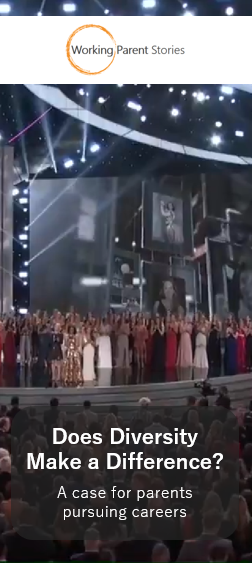
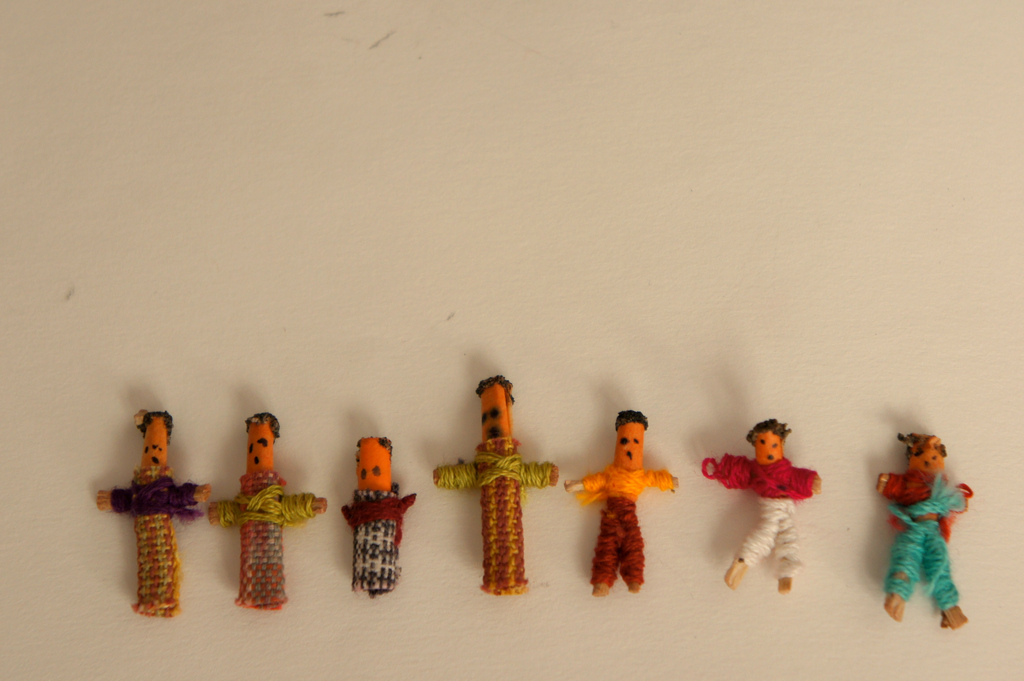


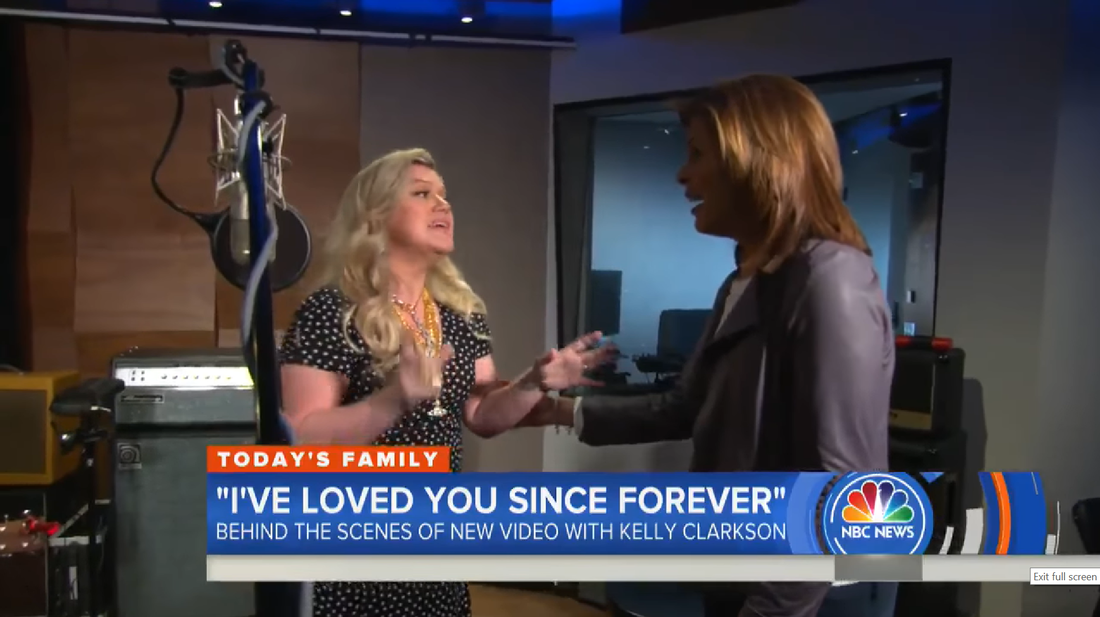

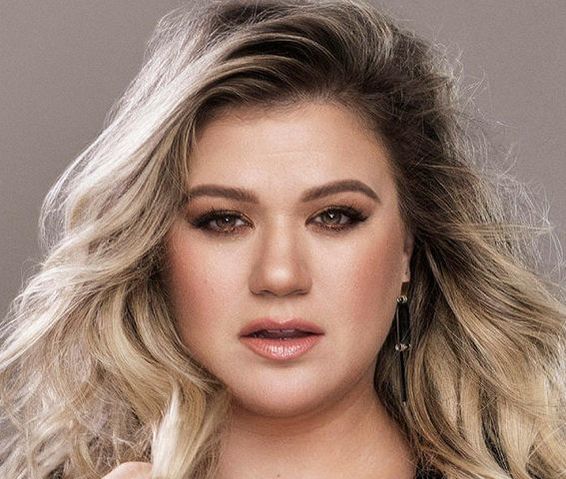


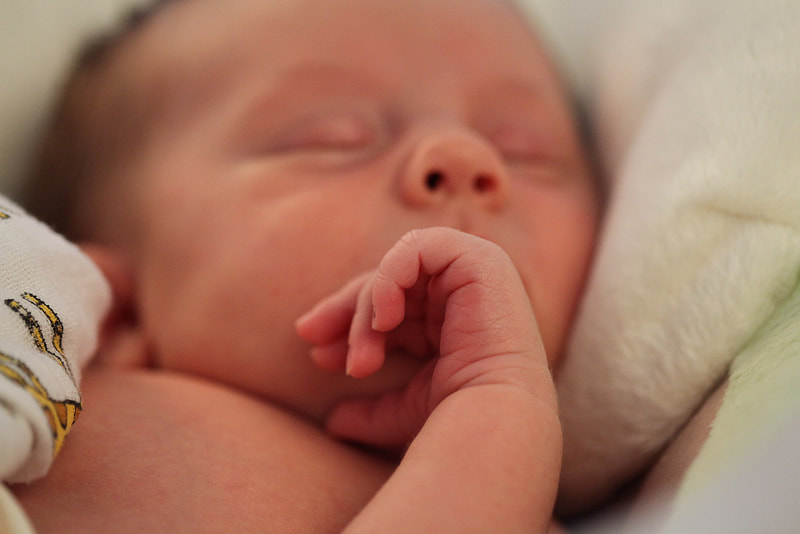







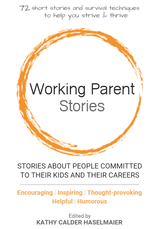
 RSS Feed
RSS Feed